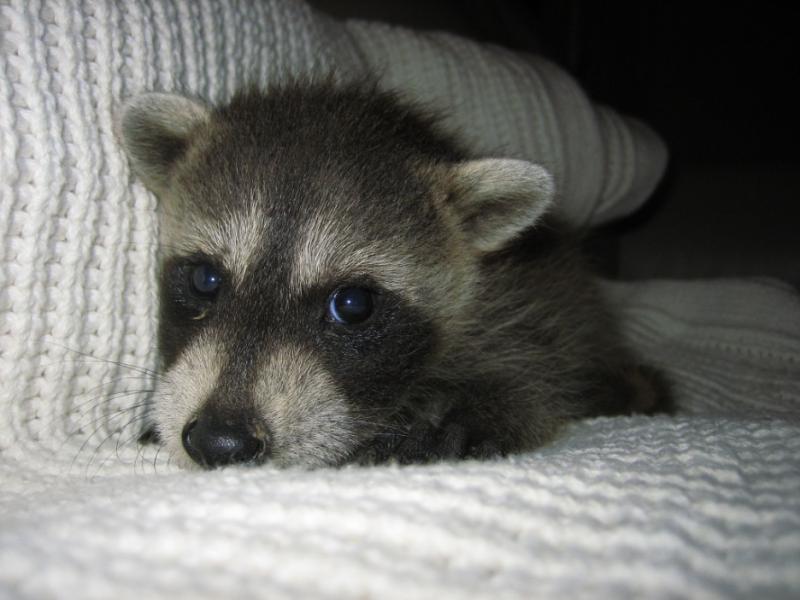What to do If a Wild Animal Resides in Your Home

Discovering that there’s a wild, untamed animal living inside your home is one of the most unpleasant surprises you can have as a homeowner in the United States. And yet, it’s a more frequent and common happening than perhaps you might like to think. The fact of the matter is, the more human society expands, the fewer natural habitats are left for wild animals, which in turn forces them to scoot over and move into our homes.
That, in itself, is very understandable. After all, these are just fellow-creatures looking for a bit of warmth, food, and why not, a place to rest their heads. However, sharing a home with a wild animal isn’t the best idea. First of all, it can be dangerous, as the animal may be rabid, or in any case, aggressive, and could attack you or your loved ones. It can also be perilous even if the animal in question isn’t aggressive. It could still carry a wide array of diseases, and possibly infect you, your pets, or your family.
This is why you need to be prepared, in case you suddenly find a wild animal in your home. You need to know what to do, and that’s what we’re here for.
1. First, identify the animal.
Oftentimes, you’ll get some pretty clear-cut tell-tale signs there’s a wild animal inside your home. This may be scratching or clawing noises, squeaks, rattling, and other such noises. And while these definitely show you there’s an animal on your property, they’re not really helpful in identifying the said animal. And it’s important, after all, to know what animal you’re dealing with, to better figure out what you can do about it.
There will be a different approach to squirrels chewing in the attic, and another for snakes living underneath your shed.
2. Assess the situation.
Some animals are more aggressive than others, and some homeowners are better equipped to deal with them than others. What you need to do now that you’ve identified the animal, is to figure out whether or not you’re prepared to deal with the animal on your own.
Pro Tip: Read up on local restrictions when it comes to wildlife removal. Some species of intruders (bats, for example) are protected by law in several areas of the United States, so attempting to kill or even exclude them on your own could settle you in some serious legal trouble.
And even if it’s not a legal issue, there’s always the ick factor. Capturing and removing a wild animal in your home can be dangerous, gross, and so many other things you might not want to deal with. Yes, attempting to handle the animal yourself can save you some money, but it can also end up costing a lot more in the long run, particularly if you lack experience.
3. So maybe hire a professional.
Calling a professional wildlife removal company, like New Journey Pest Control (a company specializing in wildlife removal in the New Jersey area), can end up being the best choice you’ve made so far in your situation.
There are many benefits to calling a professional wildlife removal company. For one thing, they’ve got a lot more experience in this situation and will be able to handle the smooth and efficient removal of the wild animal from your property. And isn’t that what you want?
Secondly, they’ll also be able to advise you on how to fix up your home, to avoid new wildlife invasions in the future. That’s one of the main issues that people have with wild animal intruders. They may remove the animal in question, without fixing the entry point or whatever attracted the animal in the first place. That way, it’s just a matter of time before a new animal makes its way into your home, and then, you’re back to square one. So we strongly recommend calling a wildlife removal professional, as your best bet for keeping a tidy and safe home.
4. Fix your home.
That’s exactly what we were saying earlier. Once the animal is safely off the property, it’s vital that you identify the point it came in through as soon as possible. This allows you to make sure no other wild animals will sneak into your home when you least expect them to.
Of course, that’s not where the home improvement session ends. You also need to fix up certain attraction points, such as open sources of food (big attraction for wild animals), and clutter, which can often be interpreted as a great nesting and hiding spot by a wild animal.
All in all, discovering that there’s a wild animal in your home isn’t the worst thing in the world. You just have to act speedily to ensure its swift removal!
More to Read:
Previous Posts:











